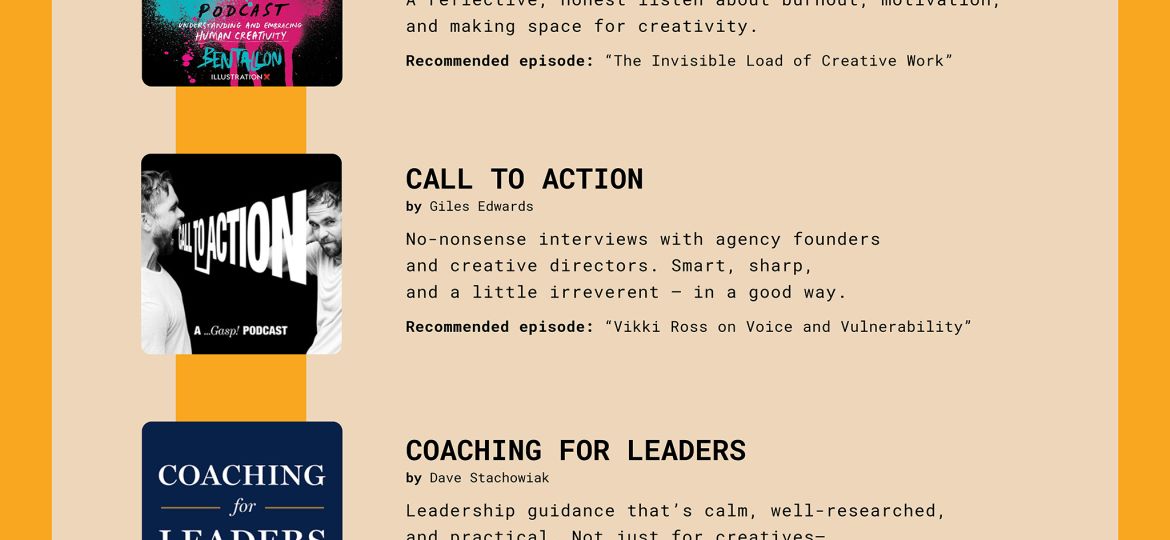The ability to focus deeply is becoming rare. Constant notifications, the pressure to multitask, and an always-on work culture make sustained concentration feel impossible. But deep work— the kind that leads to breakthroughs— requires a quiet mind.
Here’s how to get there.
1. Create Mental Boundaries
Before you start working, decide what’s worth your attention. Not everything is urgent, and not everything is yours to solve. Write down your priorities for the session. If a distracting thought creeps in, remind yourself: not now.
2. Reduce Input Overload
Your brain is not designed to process a continuous stream of information. Minimize inputs before and during deep work:
- Turn off nonessential notifications
- Keep your workspace clear of visual clutter
- Limit social media, email, and news consumption before work
3. Master the Transition into Focus
Deep work doesn’t happen instantly. You need a ritual to ease into it. Try:
- Five-minutes of listening to white noise in noise cancelling headphones with your eyes closed
- A short walk without your phone
- A set routine— same desk, same playlist, same warm-up task
4. Engage Your Senses
Your environment should support focus, not fight it.
Experiment with:
- Noise levels: silence, white noise, or instrumental music
- Lighting: natural light or warm desk lamps
- Scent: essential oils or fresh air
5. Write It Down, Let It Go
Intrusive thoughts will appear. Instead of fighting them, jot them down in a notebook and return to work. Your brain relaxes when it knows it won’t forget something important.
6. Practice Doing Nothing
If you never let your mind rest, it will resist deep focus. Set aside time for mental stillness: stare out the window, take a slow walk, or sit in silence. This strengthens your ability to concentrate when it counts.
7. Protect Your Energy
Deep work is tiring. Prioritize sleep, eat nourishing food, and set realistic work expectations. A burned-out brain won’t focus, no matter how hard you try.
Deep work is a skill. The more you practice quieting your mind, the easier it becomes to drop into focused states. Start small, be patient, and give your brain the space it needs to think deeply.





